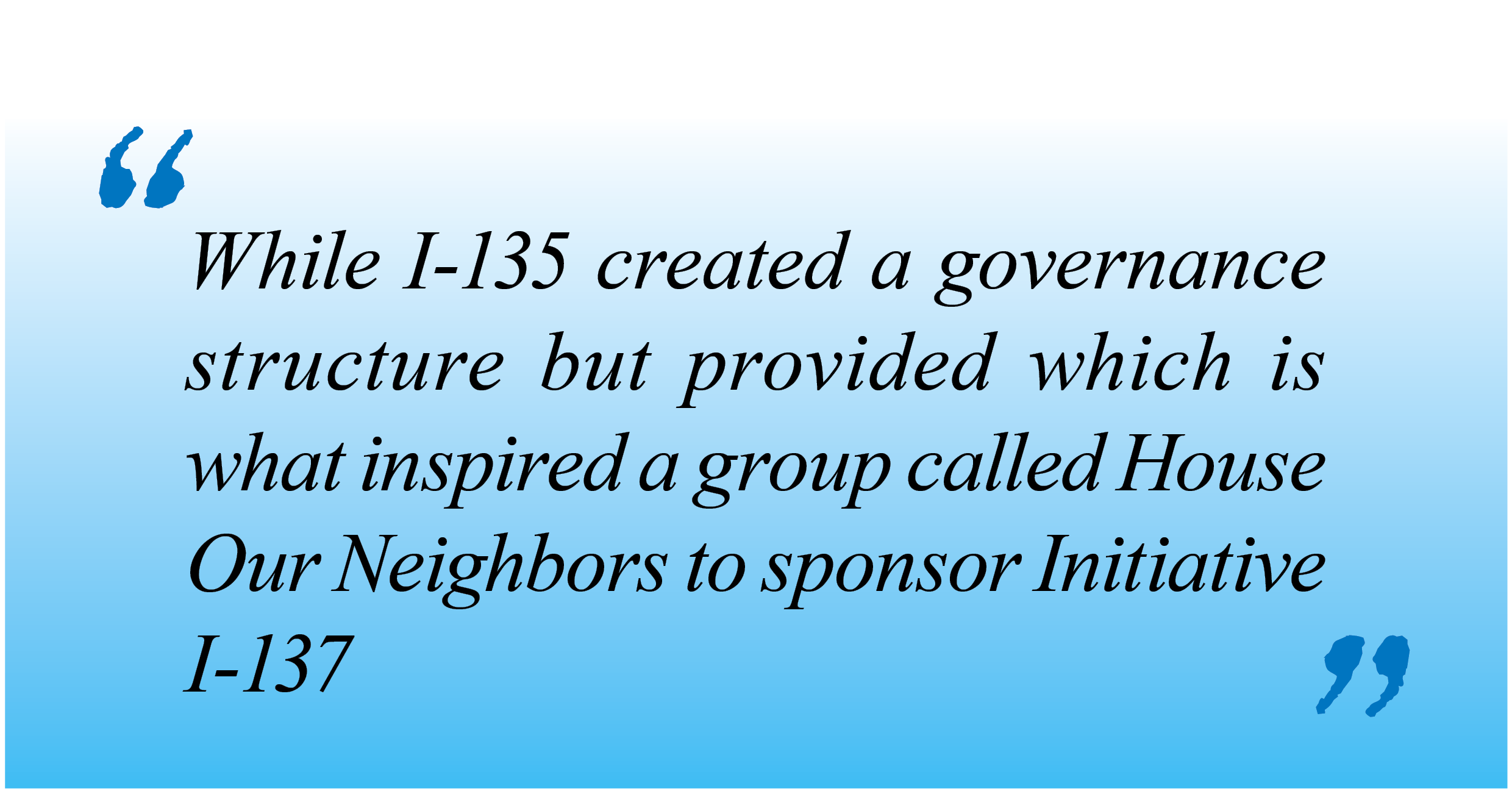Seattle Social Housing Tax Headed to City Council Will they adopt, send to the ballot, offer an alte
In our continued coverage of the effort to create social housing in Seattle and while we are in the middle of the Paris 2024 Summer Olympics it provides an opportune time for an update on a proposed tax measure with the ambitious goal of generating $53 million in new revenue to acquire or develop 2,000 units of “social housing”.
To refresh, in February of 2023 voters of Seattle approved ballot measure Initiative 135 (I-135) to begin this social housing experiment in Seattle. With 57% approval from Seattle voters, the initiative created a new governmental bureaucracy called Seattle Social Housing Developer (SSHD) which prescribed a governing body of 13 members mostly appointed by the Seattle Renters Commission and a few others designated by labor, community interests, and two Seattle City Council appointees.
While I-135 created a governance structure it did not provide a funding source which is what inspired a group called House Our Neighbors to sponsor Initiative I-137 (I-137) which would levy a 5% “excess compensation” tax on employer payroll expenses for each Seattle-based employee paid over $1 million annually. In other words, an employer would pay a 5% tax on any dollar over $1 million in total employee compensation. Total compensation includes base salary, stock and bonuses.
On June 24, 2024, proponents of I-137 submitted 37,819 signatures to Seattle’s Office of the City Clerk to get Initiative 137 on the ballot, well over the 26,521 valid signatures needed to qualify. Initiative campaigns typically collect more than the minimum number to provide a margin of safety for invalid signatures.

The next step it is up to the Seattle City Council to decide when I-137 will be presented to voters and if a competing measure will appear alongside it. The council has the option to place I-137 on the November presidential ballot, a special February election, or pass the measure outright without a ballot, though the latter is considered unlikely by the measure’s backers. Or the council could add an alternative measure that would compete with I-137 on the same ballot which they have done before with both measures on the same ballot.
As reported by The Urbanist, House Our Neighbors, the nonprofit leading the I-137 campaign, acknowledged the ballot timing decision before the council in their statement last month, but expressed confidence in its passage regardless of the timing. I-135 passed by a healthy 14-point margin during a low-turnout special election in February.
“House Our Neighbors will be ready for whichever ballot I-137 is placed on,” the group stated. “We know the Seattle City Council has a lot of work to do, especially with regards to the $260 million budget deficit, so we hope they quickly put I-137 on the November 2024 ballot. But we also know they can use the entire 45 days to consider their options, which would preclude the November ballot. Should I-137 be on a February ballot, we look forward to securing another win on a special election ballot, just like we did with the passage of I-135 by a 14-point margin.”
So, while we watch as Simone Biles in Paris seeking her fifth gold medal in gymnastics or whether one of Washington states five athletes who are the Olympic team such as Nina Kennedy can win her first in the pole vault, we can consider their housing in the Olympic village and if it has a future in Seattle.

